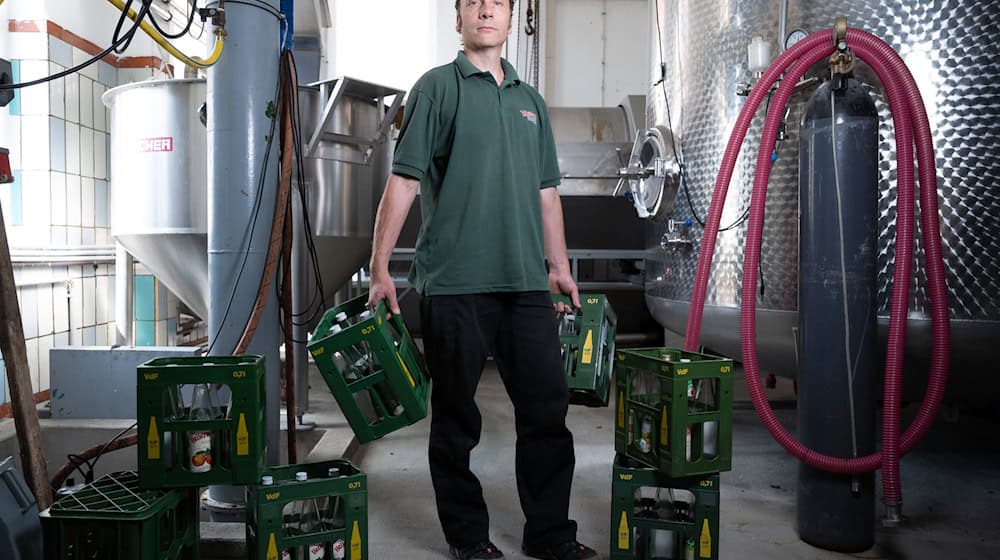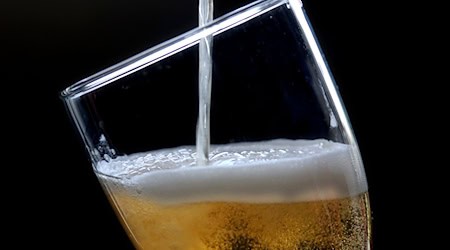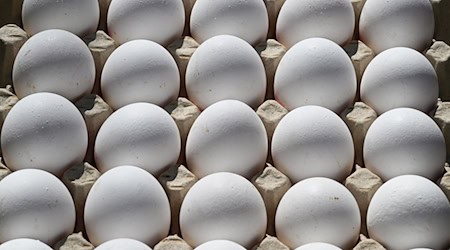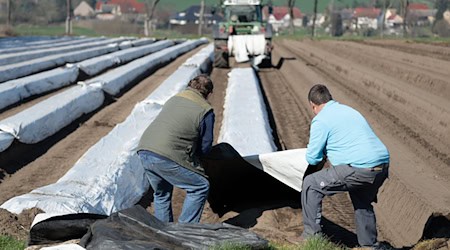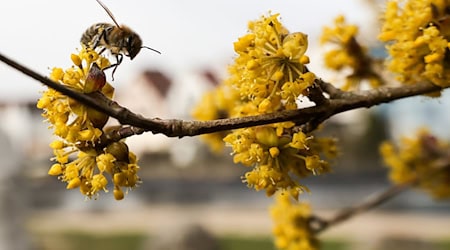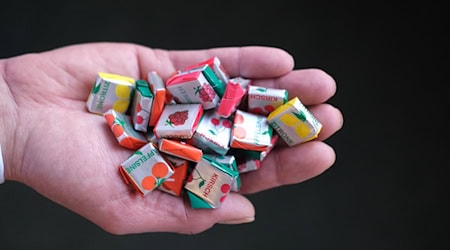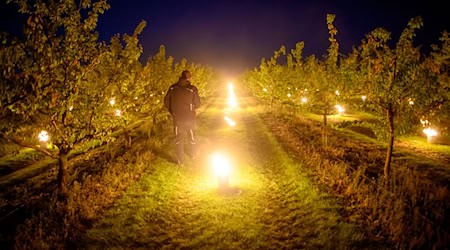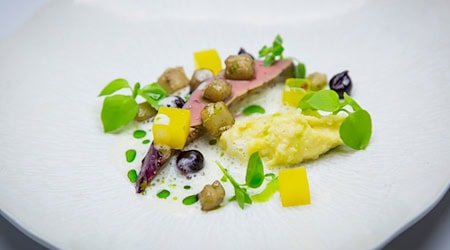The juicers are ready, but the fruit is missing: After widespread frost damage in spring, Saxony's cideries are looking anxiously to the main season that is about to begin. In the orchard sector, there was "virtually a total loss", says Andreas Mehlhorn, Chairman of the Saxony Fruit Juice Association. The frost has killed almost everything - apples, pears, quinces, but also sour cherries and berries.
"Traditionally, we get most of our fruit from people's gardens." According to Mehlhorn, who is also the managing director of the Mehlhorn fruit juice press house in Langenbernsdorf (Zwickau district), the late cold snap in spring had a particular impact there. "The wineries will only be able to process what hasn't frozen during the flowering period."
On average over many years, Saxony's wineries would use around 6,000 tons of fruit per season. Last year was already rather weak at 4,500 tons. According to Mehlhorn, optimal harvest years are up to 10,000 tons. "This year, we expect a shortfall of ninety to one hundred percent." Pressing and pressing are two terms that are usually used interchangeably.
Price increases expected for almost all types of fruit
Mhlhorn assumes that there will be a price increase in the fruit juice sector for almost all types of fruit. In the case of sour cherries, this was between 80 and in some cases 100 percent after the current harvest. "But the situation is not only precarious for local fruit." Climatic changes and poorer orange harvests in Brazil have also led to a price explosion there. In the last year and a half, orange juice has become 150 percent more expensive. "These developments are slowly reaching the fruit juice shelves and the end consumer."
In the past, wineries have also had to cope with crop failures, says Jens Guhr from Kelterei Schöne, which produces Hellerau fruit juices in Dresden. "But that usually only affected one type of fruit. I can't remember any such clear-cutting due to a late frost." Otherwise, a bad apple year could have been compensated for by a good quince harvest, the managing director cites as an example. "The processing of the berries has already been completed and has shown how depressing the situation is." This affected the sour cherries and blackcurrants. Fruit had to be bought in from other regions at a high price.
Situation could threaten the existence of businesses
Guhr expects a similar situation, including price increases, for the apple juice season, which traditionally starts at the end of August and is the main business for Hellerauer Fruchtsäfte. "There are few inquiries or registrations from private customers, it's remarkably quiet." The winery normally processes fruit into juice for private customers, while also producing products from regional fruit growers for the retail and food service sectors. "It's an ominous year that could threaten the existence of all wine press houses. Essential investments are likely to be canceled," says Guhr. In other years, Kelterei Schöne produced juice of all kinds from 250 tons of fruit.
At Kelterei Mylau in Reichenbach in the Vogtland region, Chairman Bernd Beer also expects this year's apple season to be up to 90 per cent slower. "We are a contract cidery and rely on a good apple harvest from our customers." 1,500 tons of apples are otherwise processed. "There won't be much this year, we have to cope with that somehow."
The mood in the 30 or so cideries in the state is tense, says association boss Mehlhorn. "But not just because of the price of raw materials. The cost of energy is a burden." The prices for all other operating resources have also risen sharply over the last three years.
Copyright 2024, dpa (www.dpa.de). All rights reserved

